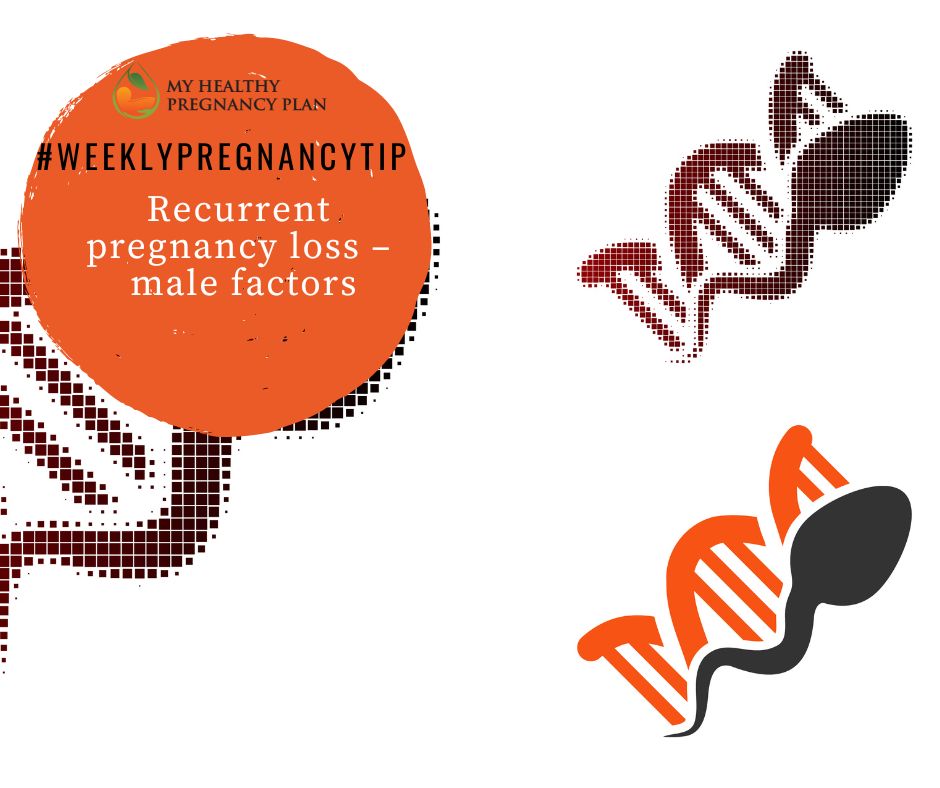
Recurrent pregnancy loss (RPL, two or more clinical pregnancy losses) is a focus in my clinic, and in my online programs. Research focuses primarily on female factors – including anatomical factors in the uterus, suboptimal progesterone and thyroid levels, and auto-immune disease.
But in my experience, it’s critical to explore male factors as well – and some recent research opens a new window to this important domain.
In addition to chromosomal abnormalities, which are typically identified during karyotyping of products of conception (only possible when what is lost during a miscarriage can be brought to the lab), the study from Shanghai’s Tongji University School of Medicine focused on DNA fragmentation.
Sperm DNA fragmentation receives much less attention than a typical sperm analysis, which focuses on sperm count, motility (how well sperm move), and morphology (the shape of the sperm). In fact, most male fertility assessments stop after a normal sperm analysis.
However, DNA fragmentation tests, which I offer to my own patients as well, can provide invaluable information about the health of the DNA inside the sperm – which can be abnormal even with a good sperm count, motility and morphology.
The degree of DNA fragmentation on analysis tells the patient/health care provider how much oxidative damage there is to the DNA inside the cell, which not surprisingly has been linked to RPL – as this can interfere with healthy cell division and development of the embryo. Known factors that can increase levels of DNA fragmentation including obesity, smoking and increased age.
In my clinic, the focus for a high DNA fragmentation index is to modify known risk factors, and to flood the system with antioxidants that can scavenge up free radicals to prevent further damage and promote DNA repair, including NAC, l-carnitine, CoQ10, Vitamin C and D, and methylated folate/B12 to name a few.
I look forward to seeing DNA fragmentation being offered more routinely to gain a better understand of the health of the sperm cell – both inside and out!
I hope you have found this helpful, and do let me know if you have any questions!
If you are hungry for more evidence-based information for your fertility or pregnancy journey, visit www.myhealthypregnancyplan.com for free webinars and complete programs.
And if you are a care-provider looking for evidence-based resources for your fertility or pregnancy patients, please get in touch with us at support@myhealthypregnancyplan.com, or visit www.myhealthypregnancyplan.com/ce-courses-for-naturopathic-doctors.
In health,
Dr Jocelyn Land-Murphy, ND
Terra Life
Disclaimer: The information and content provided is for general educational and informational purposes only and is not professional medical advice, nor is it intended to be a substitute therefore. Please consult the Disclaimer and Terms of Use for full details.
References:
Yu, W. (2022). Association of male factors with recurrent pregnancy loss. Journal of Reproductive Immunology, 154.





